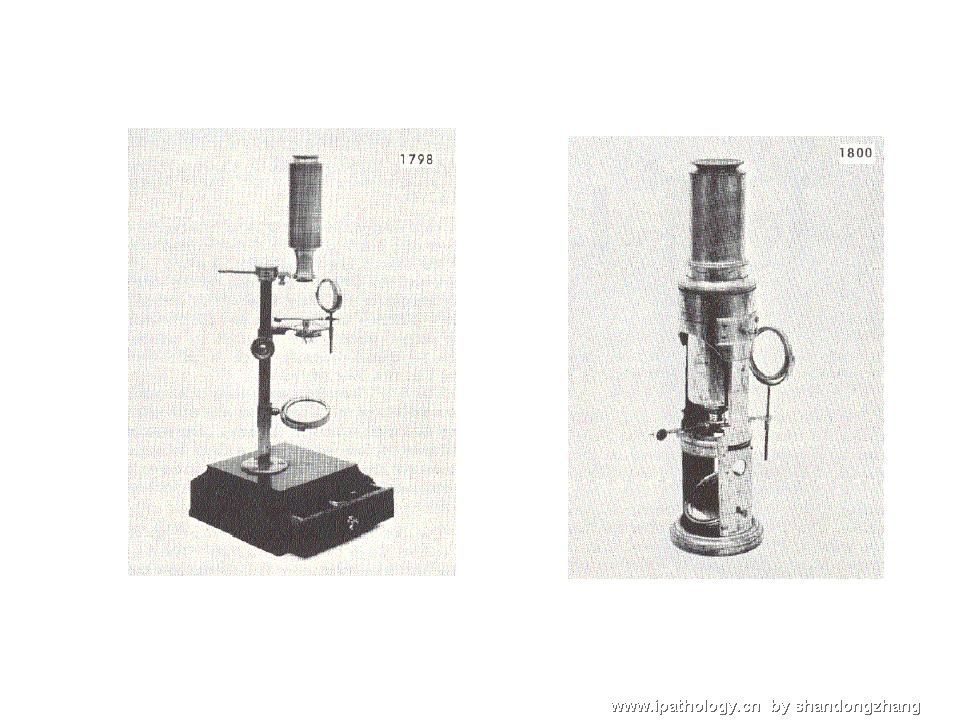| 图片: | |
|---|---|
| 名称: | |
| 描述: | |
- 006Passion for pathology: beauty is in the eye of the beholder
| 姓 名: | ××× | 性别: | 年龄: | ||
| 标本名称: | |||||
| 简要病史: | |||||
| 肉眼检查: | Fig. 1 Passion for pathology. a Heart-shaped breast duct, b flowershaped giant cell, c face-shaped giant cell with foreign body (haematoxylin–eosin, original magnification ×400) | ||||
Passion for pathology: beauty is in the eye of the beholder
Anna Batistatou & Konstantinos Charalabopoulos
Dear Editor,
We read with great interest the editorial by G. Bussolati on the mental processes that lead to pathological diagnoses [2],which is the first published approach to this process. We would like to stress/add a few points that we think are of great importance. Besides the perception of form, color is important for detecting objects and patterns that would otherwise not be noticed. We all know from experience that black and white microscopic figures loose much of their information content. A haematoxylin–eosin-stained glass
slide makes us look twice if it is over-stained with haematoxylin, since we have unconsciously associated “bluish” with hypercellular/suspicious lesions. Color opponency,simultaneous color contrast and color constancy are the key features of color vision. Color is coded in the retina and in the lateral geniculate nucleus by color-opponent cells and processed in the cortex by concentric double-opponent
cells in the blob zones (area V1 of the cortex) [3]. According to neurobiologists, memory has stages (shortterm, long-term) and is often localized in different places in the nervous system. Based on the way information is stored and recalled, memory can be classified as implicit or explicit. The former can be reported verbally and involves the medial temporal lobe system, while the latter does not require conscious awareness and involves various perceptual pathways. Based on the editorial, it is certain that both types of pathology memory exist. Furthermore, “cognition”, defined as the sum of the processes by which the sensory (visual) input is transformed, reduced, elaborated, stored, recovered and used, is very important in pathology. As Ulrich Meisser has stated: the world of experience is produced by the man who experiences it [3]. Or according to the well-known statement: beauty is in the eye of the beholder. Indeed, microscopic images can constitute art since they have form and beauty [1]. Moreover, pathologists worldwide, when looking at a slide under the microscope, are alert not only to the clues that will lead to the correct diagnosis but also to the incidental appearance of known forms and images of the three-dimensional world (Fig. 1). Thus, hearts, faces, animals, flowers and trees are always welcomed findings, particularly after a hard day’s work on the microscope, and help the observing pathologist keep his passion for pathology alive.
References
1. Batistatou A, Charalabopoulos KA (2005) The art of science:transitional cell carcinoma of the bladder and Golconda. Med Hypotheses 65:970–971
2. Bussolati G (2006) Dissecting the pathologist’s brain: mental processes that lead to pathological diagnoses. Virchows Arch 448:739–743
3. Kandel ER, Schwartz JH, Jessell TM (1995) Essentials of neural science and behavior. International edition. Prentice Hall, London
-
本帖最后由 erliu1985 于 2012-01-24 20:12:48 编辑













